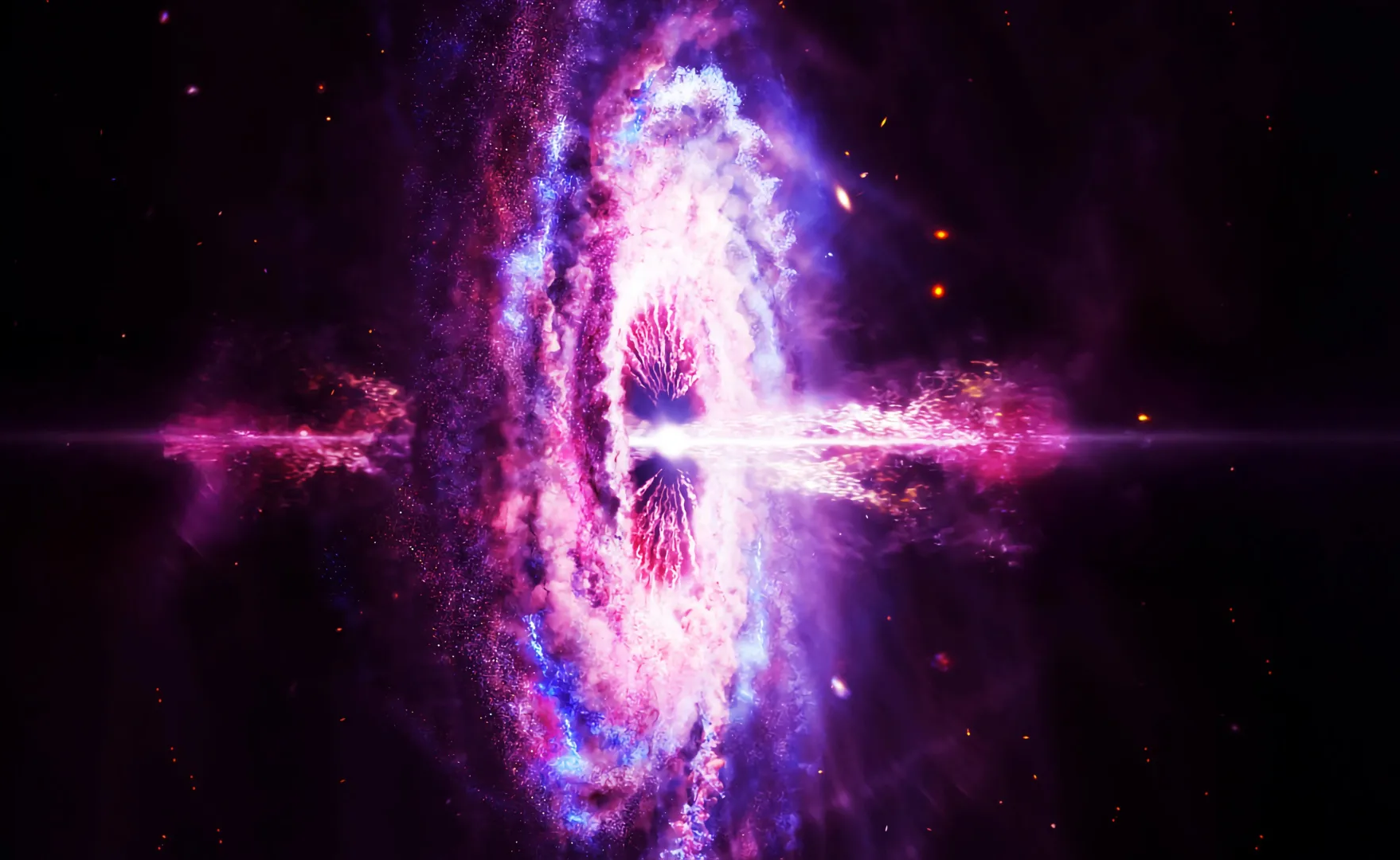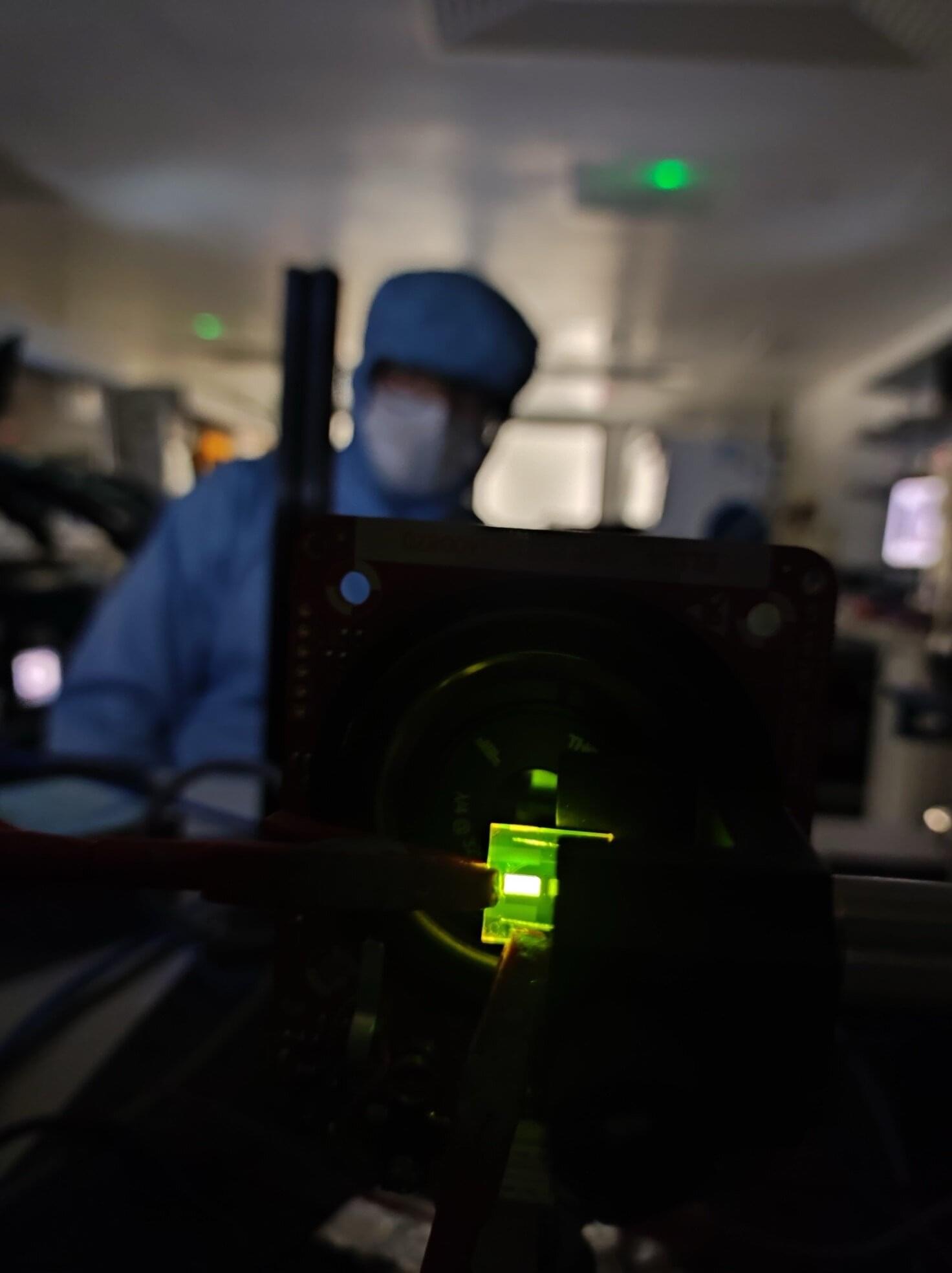Uber’s launch in the United Arab Emirates capital represents its fourth market offering fully autonomous vehicle service.



LHAASO has traced the mysterious cosmic ray “knee” to powerful micro-quasars firing ultra-energetic particles across the galaxy. LHAASO has uncovered that micro-quasars, black holes feeding on companion stars, are powerful PeV particle accelerators. Their jets produce ultra-high-energy gamma rays and protons that exceed long-held expectations. Precise cosmic-ray measurements reveal a new high-energy component, suggesting multiple sources within the Milky Way. These findings finally tie the “knee” structure to black hole jet systems.
Milestone results released by the Large High Altitude Air Shower Observatory (LHAASO) on November 16 have finally clarified a decades-old puzzle in astrophysics: the unusual drop in cosmic ray counts above 3 PeV that produces what scientists call the “knee” in the cosmic ray energy spectrum.
The cause of this steep decline has remained mysterious since it was first identified nearly 70 years ago. Researchers long suspected that the feature reflects the highest energies that cosmic ray sources can reach, marking a shift in the spectrum from one power-law behavior to another.

Taking a photo of a friend? You’ve probably got their face centered and focused. Driving down a highway? Eyes on the road.
But for millions of adults with age-related macular degeneration, that crucial, central field of sight is blurred beyond recognition. Current treatments can only slow its progression or augment vision, but the blur will usually continue to worsen.
A recent clinical trial of a treatment based on stem cell transplants has found the procedure may be able to safely reverse the cumulative damage to the hard-working macula – that part of the retina responsible for all you see directly in front of you.






Researchers from the University of Oxford have for the first time discovered an approach to electrically switch organic LEDs (OLEDs) to emit either left- or right-handed circularly polarized light without changing the light-emitting molecules. This could be useful for a range of technological applications, from more energy efficient OLED displays, to optical information transfer.
